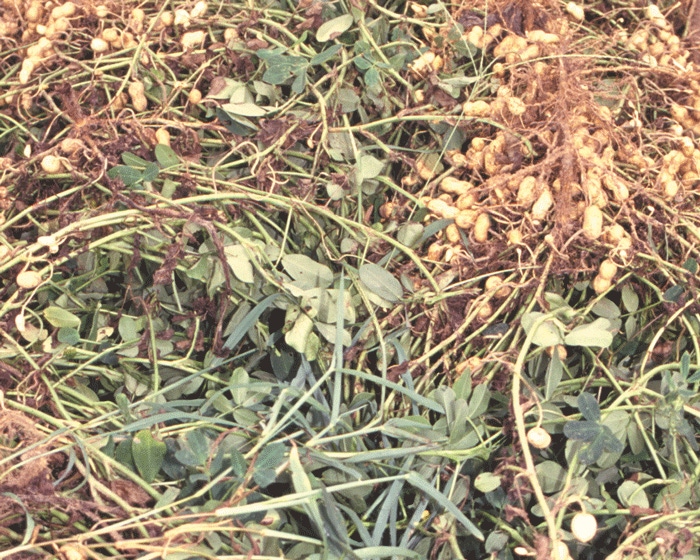September 7, 2011

Nearly 75 peanut growers from Alabama, Georgia and Florida learned how the 2012 farm bill will affect them during a listening session coordinated by the Alabama Peanut Producers Association in Headland.
U.S. Rep. Martha Roby, R-Montgomery, who serves on the House Agriculture Committee, and four panel members listened closely to the day’s presenters, ranging from peanut growers to economic specialists.
Panelists included Carl Sanders, president of the Alabama Peanut Producers Association; Larry Ford, president of the Florida Peanut Producers Association; Armond Morris, president of the Georgia Peanut Commission and Bob Redding of the Redding Firm in Washington, D.C.
“I’m here to take notes on your comments in regards to the upcoming farm bill,” Roby said. “It’s like going to class... I brought my pen and paper. I want to know what’s working, what isn’t working, and how we can reconcile these issues. I need your input so I can go to bat for Alabama farmers.”
Dale Outlaw, divisional vice-president of First South Ag Credit, said the upcoming farm bill is going to greatly impact the financing aspect of farming in the future. “Even now,” Outlaw explained, “we’re surviving, but it’s pretty tough.”
Farm bill concerns were evident from those speaking during the session. Roby and panel members were reminded from presenters of the importance of production research, what the economic figures are looking like for farmers, and how new legislation could affect peanut farmers in particular.
“I’m afraid of what they (Congress) will do to us, rather than what they can do for us,” said Henry County peanut farmer Myron Johnson.
Weather conditions such as this year’s drought is another issue growers have to consider when looking at their farming operations. Dryland farmers have not been able to produce a good crop of peanuts this year, and growers who irrigate have not done much better.
“We just didn��’t get a good stand,” explained Dale County peanut producer Chris Thompson. “Even though we irrigated to replant, things just haven’t gone in our favor.”
After listening to comments from presenters and audience members, Roby said action must be taken to protect growers’ interests and the peanut industry as a whole.
“We’ve got a lot of work ahead of us, and I continue to welcome your input because it’s you I represent, and I want to do the very best I can for you,” Roby said.
You May Also Like




